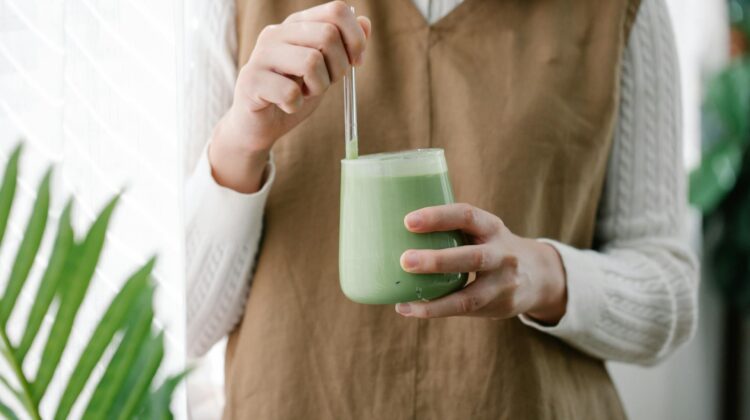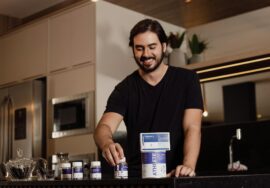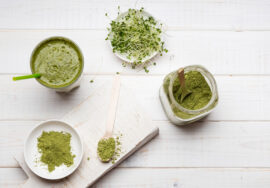
Wellness Trends to Skip (and What Actually Works): Expert Backed Advice
Introduction: Why You Should Be Cautious with Wellness Trends
The wellness industry has exploded in recent years, with social media influencers, celebrities, and even tech companies promoting the latest health fads. While some trends can be beneficial, many are not supported by science and may even harm your body in the long run. With so much conflicting information online, it’s easy to feel overwhelmed. That’s why expert-backed Health Articles play a crucial role in separating fact from fiction. In this blog, we’ll explore the wellness trends you should skip in 2025 and highlight what actually works to improve your health and wellbeing.
Trend 1: Detox Teas and Juice Cleanses
One of the most persistent wellness trends is the idea of “detoxing” with teas or juice cleanses. These products often claim to flush out toxins, reduce bloating, and help with rapid weight loss. However, experts agree that the body already has an effective detox system—your liver and kidneys. Detox teas often contain strong laxatives, which can lead to dehydration and electrolyte imbalances. Juice cleanses may deprive your body of essential proteins and healthy fats, leaving you fatigued.
What Actually Works: Instead of spending money on detox kits, focus on balanced nutrition. Whole foods such as fruits, vegetables, whole grains, lean proteins, and water naturally support your body’s detox systems. Adding more fiber to your diet also helps digestion without putting your health at risk.
Trend 2: Extreme Diets like Keto and Carnivore
Low-carb diets such as keto and carnivore have gained attention for quick weight loss. While they can work in the short term, experts warn that extreme restriction is difficult to sustain and may harm your cardiovascular health. The lack of fiber in these diets can also negatively impact gut health.
What Actually Works: A more sustainable approach is the Mediterranean diet, which is backed by extensive research. This eating pattern emphasizes vegetables, fruits, legumes, fish, olive oil, and whole grains. According to expert-reviewed Health Articles, the Mediterranean diet lowers the risk of heart disease, diabetes, and obesity while promoting long-term wellbeing.
Trend 3: Expensive Wellness Gadgets That Promise Instant Results
The market is filled with wearable devices and high-tech gadgets claiming to improve your sleep, boost your mood, or accelerate weight loss. While some devices can be useful for tracking habits, many overpromise results that have little scientific support. For example, certain “slimming belts” or “detox patches” provide no measurable health benefits.
What Actually Works: Technology can be useful when paired with healthy habits. Fitness trackers that monitor daily activity, heart rate, or sleep cycles can be valuable if you use them to set realistic goals. But remember, the results come from lifestyle changes—not the gadget itself. Consistency in exercise, mindful eating, and sleep hygiene will always outweigh expensive tech hype.
Trend 4: Supplements Without Medical Guidance
From collagen powders to herbal blends, the supplement industry is booming. Many influencers recommend supplements as quick fixes for skin health, energy, or stress. However, most people can get the nutrients they need from a balanced diet. Overuse of supplements can even cause harm, such as kidney stress from excessive protein powders or liver damage from unregulated herbal pills.
What Actually Works: Always consult a healthcare professional before adding supplements to your routine. In most cases, a diet rich in whole foods is enough. When deficiencies are identified—such as vitamin D, iron, or B12—targeted supplements under medical supervision can be beneficial. Trust expert-backed Health Articles rather than marketing hype when deciding what your body actually needs.
Trend 5: Fad Workouts Promising “Fast Fitness”
Every year, a new workout craze takes over—whether it’s 7-day abs challenges, vibrating plates, or extreme high-intensity sessions. While exercise is vital for health, chasing quick fixes often leads to disappointment or injury. Overtraining without guidance can increase the risk of joint and muscle problems.
What Actually Works: The most effective exercise is one you can sustain long-term. Walking, swimming, cycling, strength training, and yoga all have proven benefits. The World Health Organization recommends at least 150 minutes of moderate activity per week. Instead of chasing trends, focus on building a fitness routine that fits your lifestyle and is enjoyable.
Trend 6: Biohacking with Unproven Methods
Biohacking—a movement that includes everything from nootropic pills to extreme cold plunges—has gained popularity among wellness enthusiasts. While some practices like meditation or breathwork are safe and effective, others lack solid scientific evidence. For example, extreme fasting or injecting unregulated substances can pose serious health risks.
What Actually Works: Mindful practices such as meditation, journaling, and gratitude exercises have strong research backing their mental health benefits. Sleep optimization, a balanced diet, and regular movement are the true “biohacks” that improve energy, focus, and longevity.
Expert Opinion: What Health Professionals Say
Health experts emphasize that wellness should not be about chasing quick results but about building sustainable habits. According to registered dietitians and physicians featured in trusted Health Articles, the foundation of wellbeing includes a balanced diet with a variety of whole foods, regular physical activity suited to your body, quality sleep and stress management, and preventive healthcare, including checkups and screenings. Focusing on these basics consistently outperforms any fad trend.
Conclusion: Invest in What Works
The wellness industry thrives on selling quick fixes and flashy products. While it’s tempting to try every new trend, many are unnecessary or even harmful. Instead, listen to expert advice and invest in proven strategies that work. Balanced nutrition, daily movement, mindful living, and preventive healthcare will always be more effective than detox teas, extreme diets, or expensive gadgets. When choosing what to follow, look for evidence-based recommendations found in credible Health Articles rather than relying on influencer marketing. By focusing on what actually works, you’ll build a healthier and more sustainable lifestyle.







